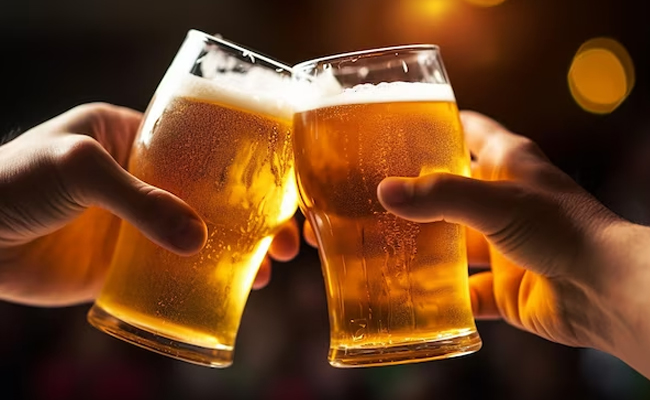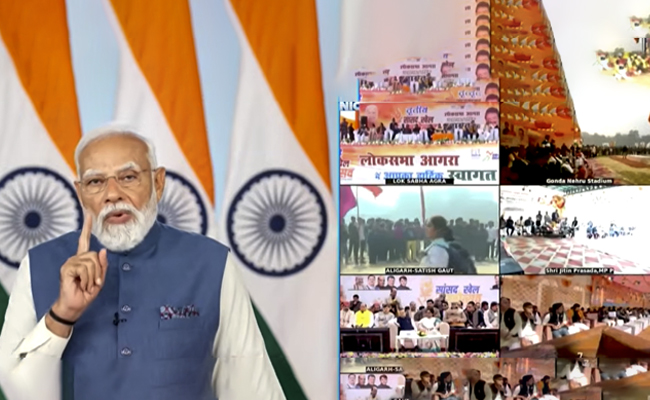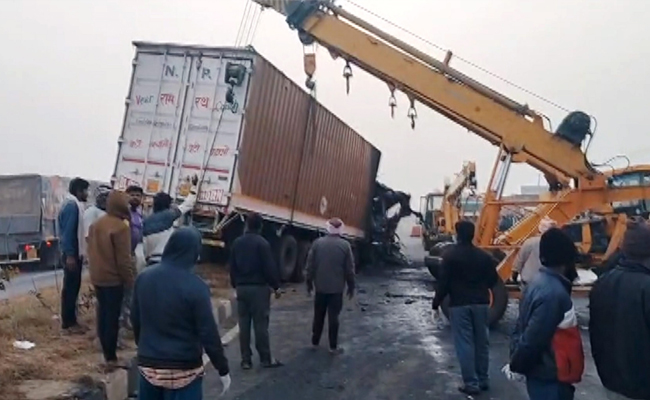Bengaluru: The Brewers Association of India (BAI) has urged the Karnataka government to withdraw its proposed amendments to beer regulations and tax increases, stating that these changes would negatively impact both the industry and the government.
In a press release, the BAI raised several objections to the proposed changes, highlighting that the draft introduces a new definition of beer that limits the addition of sugar to 25 percent and requires beer products to clearly label the content of malt and sugar.
"The draft notification also proposes to increase the excise duty on strong beer by 100 percent to Rs 20 per bulk litre, increasing the minimum billing price for beer in the state to Rs 300 per case and increases additional excise duty to 195 percent of the billing price or Rs 130 per bulk litre whichever is higher," the release read.
"The increase proposed in the draft notification would increase the prices by 10-20 percent in mainstream and premium segments. At the same time, it would also make beer unaffordable to the masses with the proposed 35 percent increase in taxes in this segment," said BAI, whose members account for 85 percent of the beer sold in India.
Vinod Giri, director general of the BAI, emphasised that beer contains no sugar and that the existing definition established by the Food Safety and Standards Authority of India (FSSAI) is already comprehensive and followed by all states. He questioned the necessity for Karnataka to impose its own definition.
Giri also noted that the proposed tax increases would affect consumers significantly, noting that the price of strong beer, which makes up 90 percent of beer sold in Karnataka, will increase by Rs 10-15 per bottle, making it one of the most expensive in the country. This change would increase the minimum price of beer from Rs 95 to Rs 140 per bottle.
"Due to the impact on MRP, we estimate the tax revenues from the beer category may actually fall to the tune of Rs 400 crore revenue from this proposal," said BAI.
Highlighting that Karnataka is the third largest beer market in India, the BAI stated that they are concerned that some proposed changes could hinder the growth of the industry, diminish the state's investment appeal, or drive future investments elsewhere.
Let the Truth be known. If you read VB and like VB, please be a VB Supporter and Help us deliver the Truth to one and all.
Bengaluru: A 21-year-old woman was allegedly assaulted in broad daylight in Bengaluru after she rejected repeated relationship advances from a man she had met through social media. The incident, which was captured on CCTV, took place on December 22 around 3.20 pm, NDTV reported.
According to police, the accused, identified as Naveen Kumar, had been in contact with the woman after connecting with her on Instagram earlier this year. While they initially remained in touch through calls and messages, the man reportedly began pressuring her to enter into a relationship, which she refused.
On the day of the incident, the footage shows the woman standing beside a scooty, believed to be an online ride, when the accused arrives at the spot in a car. He is seen taking her purse and checking it before moving towards her and groping her.
The man then repeatedly hits the woman on her head and back and drags her along the road. Despite the presence of two to three bystanders at the scene, no one intervened to help the victim.
The victim later approached the police and filed a complaint. Based on her statement, an FIR was registered, and Naveen Kumar was taken into custody. Police said further investigation is underway.





